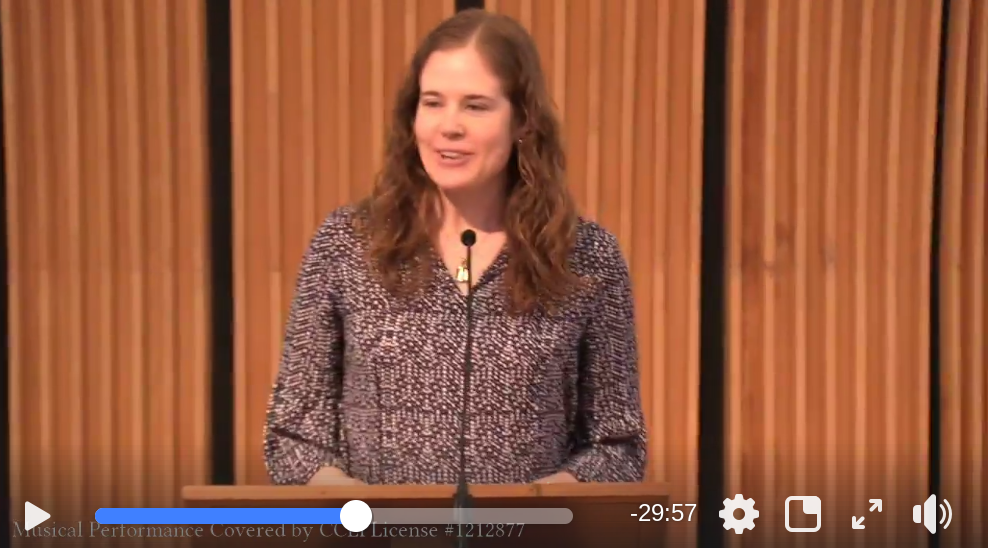FOUR NIGHTS | COMPLETELY FREE | FOR PARENTS OF TEENS
Supporting parents navigating the unchartered waters of raising teenagers in 2021 and beyond. Webinar begins at 7 PM each evening.
CULTIVATING SPACE FOR…
- May 17 – INQUIRY: Think about the future of education
- May 18 – HOPE: Help your kids face the future with confidence
- May 19 – HEALING: Consider recovery & resilience after trauma
- May 20 – CULTURE: Navigate a changing & divided world
To sign up or for more information, click here.


